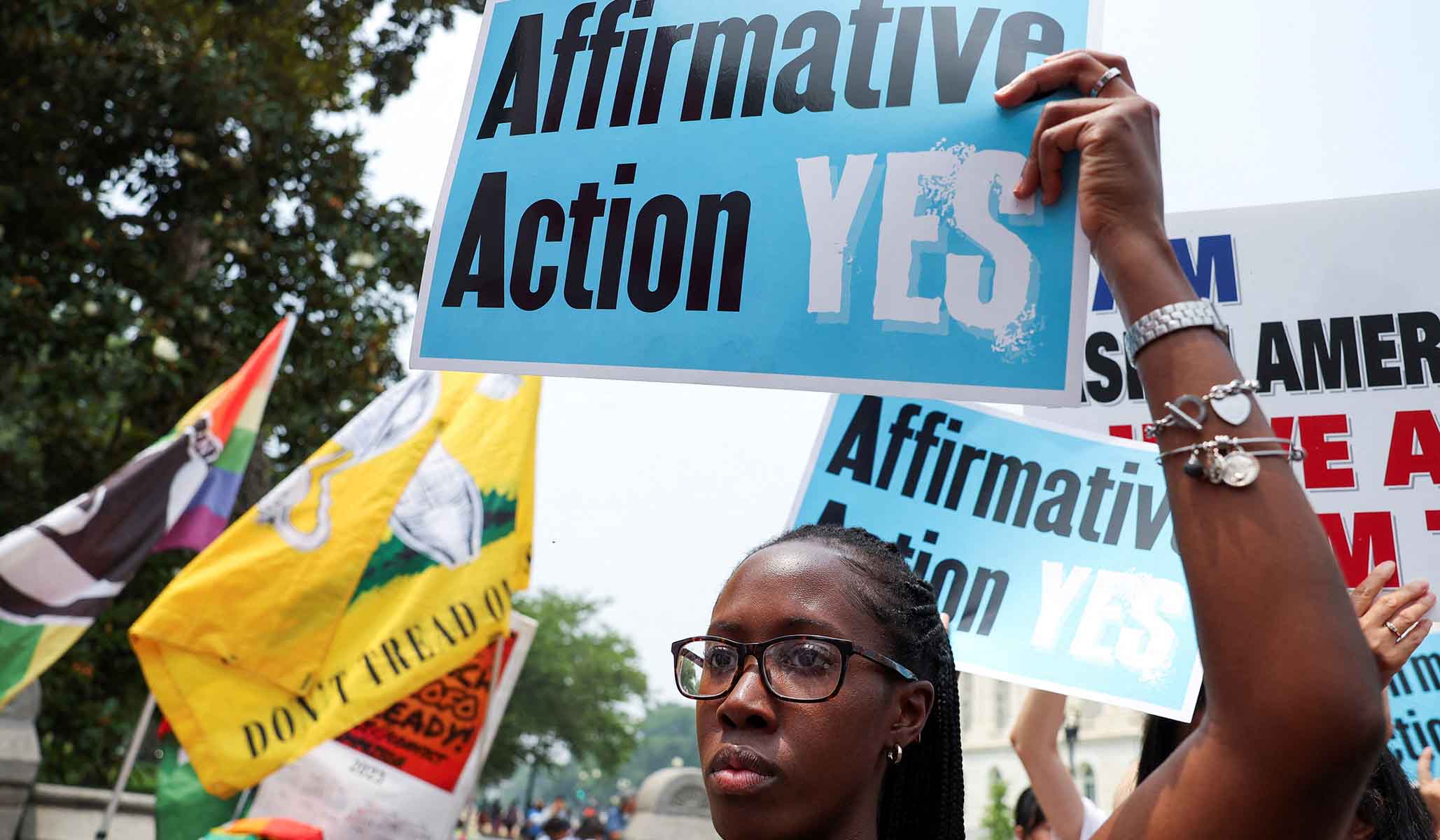


Amid all the wailing and rending of garments over the Supreme Court’s decision that colleges and universities violate the law when they use racial preferences in deciding which applicants to accept and which to reject, a voice of sanity is Brown University’s Glenn Loury. He devotes his latest piece to that topic.
The “progressives” cry that this means a terrible reduction in educational opportunity, but Loury scoffs at that, writing: “If the end of race-based affirmative action means that more black applicants will be rejected by Harvard in the coming years, we should remember that those students will not be deprived of a college education. They’ll just go to other universities instead, many, many of which offer excellent educations and post-graduation employment opportunities.”
Yes, and they’ll often be better off for it. The education on offer at places like Harvard may be “prestigious,” but it can mean limited opportunity to interact with professors, many of whom regard undergrads as a nuisance. If you need faculty members, for example, to pay attention to your writing and help to improve it, you might find that at a regional state university or a small liberal-arts college, but not at one of the “elite” schools.
Loury continues, “Perhaps, with the end of race-based affirmative action, we’ll see a concomitant shift in the role schools like Harvard and Yale play in the way we think about American leadership. If these institutions need a vestigial policy like affirmative action to maintain their legitimacy in the eyes of the elite class to whom they cater, then we ought to question why we accord them so much esteem in the first place.”
Indeed so.
